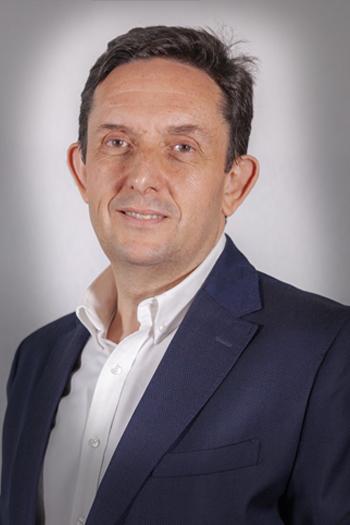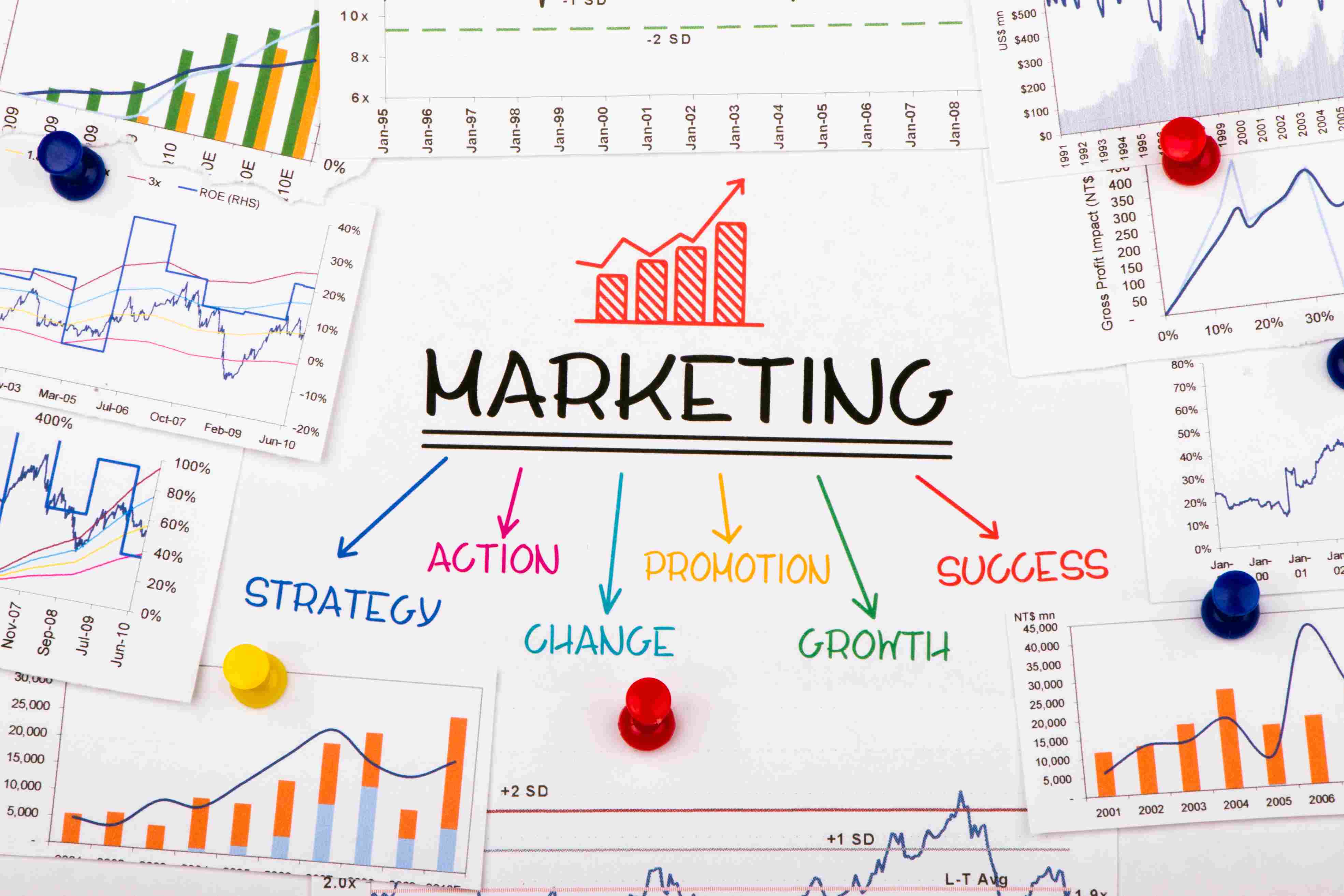
- Fecha de publicación
- Enero 2020
- Marketing y Comunicación
- Artículo

Profesor del Executive MBA y del Máster en Dirección de Personas y Desarrollo Organizativo de ESIC.
Many of us thought, perhaps for a few months now, that we would enjoy these days of Holy Week as a family by changing cities and discovering new territories. Finally, we are going to discover only inner territories: those of the house and also those of oneself and of family relationships (so intimate, so close and so challenging as the ones we are living these weeks of #yomequedoencasa).
Watching images on TV, on Instagram or on Twitter, I have already been in the city we were going to visit. It's a beautiful and, at the same time, desolate image. It is an empty city. In our cities there are no more cars, no more people, no more noise, no more pollution, no more rush, no more tourists... just a common denominator: emptiness.
Empty cities
From Barcelona to Santiago de Compostela; from Rome to Paris; from New York to the town where I live, Tres Cantos, everything is empty. Not empty of art, nor of beauty, nor of the expression of nature, nor of industries... but empty of people; people who, with their daily gestures and their desires, expectations, illusions and moments of stress (good and bad) fill the cities with energy, the energy of life.
These images of empty cities produce a certain uneasiness in me: will we ever again recover the noise, the rush, the life, the fullness of our cities, the agitated tension of urban life? I hope so, I long for it, but at the same time I do not wish it.
I'll explain. Part 1: Yes, I'm looking forward to it.
Used to (33 years at this rate) waking up early, getting stuck in traffic, surfing for X meetings a day, teaching eight hours of class on other days, or a combination of both, I'm starting to feel anxious to get back to the old ways and looking forward to the dam gates opening and the water continuing to flow downstream. I can't wait to see my co-workers, enjoy the coffee and the tapa, share time with my students, go shopping at the market defending my place in the queue at the fish market, go back to spinning classes sweating in a group caged between the walls of the gym, enjoy the family feasts freely touching the dishes, spoons, glasses, napkins and the last croquette that someone has already groped...
Let me explain a little more. Part 2: I don't want it.
While I long for the previous stage - let's call it "citius, citius, citius" - in these weeks we have rediscovered the space of the intimate, the pleasure of being still, a perspective that consists of seeing the intrinsic value of life from another prism that is slower, less agitated and also more personal.
It is the prism that allows us to value life from a position of vulnerability and that until now we only knew as individuals when a problem or a great difficulty came our way, but today we experience it and live it as a society. We have discovered that a simple virus - an invisible and lethal enemy that we neither see nor, in my case, understand - can break, undermine and bury everyday life as we have known it up to now. What was the result of film scripts has been planted as a bad dream in our reality; only it is not a dream: it is "the new normal".
This vulnerability has made us feel closely that nothing is permanent, that we are neither so great nor so wise nor so powerful and, furthermore, that the citizens of these empty cities are united by our fragility and our desire to be happy. This crisis has returned us to our essence: we are fragile and vulnerable human beings. And that generates a society that is more open to listening - without going on automatic pilot – and flatter. There are no hierarchies: the bug doesn't understand status; it can affect people at all levels of society. And that's why it has made us all listen to each other more around the planet: because what happens to you today can happen to me tomorrow.
This crisis has returned us to our essence: we are fragile and vulnerable human beings
Full Hearts
At the same time, that fragility has taught us that we have enormous strength as a species. It is full hearts: full of generosity and love.
They are hearts filled with the ability to accept isolation, or the courage to fight the virus without the IPE and resources, or the humor to share those moments when we make fools of ourselves with the idea of waking up to the laughter of ourselves and others, or the generosity to sew masks with the strength, skills and materials I have at home.They are the full hearts that applaud at eight o'clock in the evening, call on loved ones every day or look for ways to excite those most affected with a song, a poem or simply a drawing of the rainbow.
This is where my conflicting feeling comes from: I long to regain the energy of full cities but never at the expense of the strength and vitality of these full hearts.
A dream
I hope to recover the busy cities and maintain the hearts full; that this pandemic has served us to change the paradigm: less speed for more attention to the present moment; having less for being more; less ego for more empathy; less individualism for more community.
What beautiful and hopeful side effects this pandemic will have left us (without overlooking or forgetting the price paid for the effort and losses we have all experienced) if, when it happens, our cities continue to fill up with more applause at eight o'clock in the evening, with more citizens continuing to greet each other from their balconies, with more groups that faced each other weeks ago and yet now honor each other when someone performs a generous act or suffers a loss.
I have a dream: full cities with full hearts.
También te puede interesar

Market share o participación de mercado: qué es y cómo calcularlo
Posicionarse frente a los competidores no es fácil, sobre todo en un contexto en el que la competencia es más fuerte que nunca. Si no cuidas al cliente o le ofreces algo diferencial, vendrá otra co...
- Publicado por _ESIC Business & Marketing School

Estrategias de marketing indiferenciado, diferenciado y concentrado
Nos encontramos en un mundo cada vez más digitalizado, en el que la tecnología desempeña un papel indispensable, y el sector del marketing, que ha sufrido muchísimos cambios con su llegada, no es ...
- Publicado por _ESIC Business & Marketing School

Expansionary vs. Contractionary Monetary Policy: main differences
Monetary policy is one of the most effective strategies applied by central banks in pursuing economic stability. It involves adjustments made on the total monetary supply related to the overall level ...
- Publicado por _ESIC Business & Marketing School
